From the Weekly Standard:
Watch the television images: the joyous reunion of an elderly black woman with her family after being freed by a dramatic presidential pardon. Alice Marie Johnson had been imprisoned for more than 20 years on drug conspiracy and money laundering charges. But she was freed by presidential fiat—Donald Trump commuted her sentence—after a high-profile appeal from Kim Kardashian.
The reviews were ecstatic across the political divide. ”Huge victory!!” declared commentator and progressive activist Van Jones, “Congrats to everyone who kept fighting, even when they said it was impossible.” On CNN, Jones hosted an emotional interview with Kardashian, who described the momentshe called Johnson with the news of her freedom.
"We cried, maybe, on the phone for like three minutes straight," an emotional Kardashian told CNN's Van Jones, recounting her advocacy for Johnson, and her role in President Donald Trump's decision to grant Johnson clemency on Wednesday. "Everyone was just crying."
This was all powerful stuff and no one understood the extraordinary made-for-television quality of the moment more than that inveterate television watcher, Donald Trump.
This will work for him, and he knows it.
Trump has already used his sweeping powers to wipe away the convictions of right-wing troll Dinesh D’Souza and Sheriff Joe Arpaio, as well as the late great Jack Johnson, but the president’s enthusiasm for pardons seems to be growing.
Under the Constitution, the power to pardon or commute is virtually unlimited. With the exception of impeachment, there are no real checks or balances. He requires no congressional action or even consultation; the courts play no role. With the exception of ordering military action, the pardon is perhaps the most awesome of presidential powers.
Roman emperors learned that they could score points with the public by providing bread and circuses; but at the heart of the imperial power was the gesture of thumbs up or thumbs down.
The pardon is the presidential equivalent of the thumb. With a simple edict, the president can confer freedom and redemption, at least for a favored few.
The rule of law is often portrayed by the statue of Lady Justice, blindfolded, and holding a scale to weight the evidence. But the power to pardon enables the president to remove the blindfold altogether. Clout, fame, wealth, and political fealty can tip the scales.
The attractions for Trump are obvious. Celebrities and courtiers alike have a powerful new reason to curry his favor and he can place family, friends, allies, and perhaps even himself above the law.
Most immediately, the pardons allow him to send unsubtle signals to anyone who might be threatened by the special counsel’s investigation. In theory, Trump could wipe away most of his legal troubles (at least under federal law) with a few strokes of the pen. The pardons have the added advantage of enabling the president to give a powerful middle finger to prosecutors like Preet Bharara and James Comey, who brought some of the charges and whom the president openly loathes.
Trump has also learned that the pardons can be potent political weapons to reward his allies and stoke the enthusiasm of his base.
Of course, there is something deeply sinister about all this, because it transforms the rule of law into a process of arbitrary fear and favor.
But it will make great television.
It seems tedious at this point to note that Trump’s political success owes so much to reality television. But his election (and presidency) demonstrated the extent to which the lines between entertainment and politics have been obliterated.
We all live in the Trump Show now, but the second (or perhaps the third) season may be even more entertaining and irresistible. Imagine: “You’re Fired!” replaced with “You’re Free!” Think of it as Trump Meets Oprah. “A pardon for you and for you . . .”
Of course, none of his predecessor could have gotten away with it. Had Barack Obama handed out pardons like skittles, conservatives would have denounced him for being soft on crime. But it took Nixon to go to China, and it may take Trump to open the jail house doors. Even supporters who were outraged by Bill Clinton’s abuse of pardons will applaud him and criticism on the left will be muted as long as he sprinkles in a few compelling cases like Alice Johnson.
I hesitate to suggest that all of this exposes a flaw in the Constitution or the judgment of the Framers, who recognized the risk of conferring such extraordinary powers on the chief magistrate. During the Constitutional Convention, Virginia’s Edmund Randolph warned that granting the president the unlimited power to pardon would ‘end in tyranny.” Roger Sherman of Connecticut proposed requiring "consent of the Senate" for a presidential pardon. But Sherman’s proposal was rejected. During the ratification process, anti-federalist George Mason openly worried about the presidential pardon power:
Now, I conceive that the President ought not to have the power of pardoning, because he may frequently pardon crimes which were advised by himself. It may happen, at some future day, that he will establish a monarchy, and destroy the republic. If he has the power of granting pardons before indictment, or conviction, may he not stop inquiry and prevent detection.
Perhaps fatefully, James Madison told him not to worry, because the president could always be impeached.
There is one security in this case [a misuse of the pardon power by the president] to which gentlemen may not have adverted: if the President be connected, in any suspicious manner, with any person, and there be grounds to believe he will shelter him, the House of Representatives can impeach him; they can remove him if found guilty; they can suspend him when suspected, and the power will devolve on the Vice-President.
Of course, all this could happen. But it relies on a sort of honor system that assumes that the congressional parties will take a stand for the rule of law. In our age of tribalism and entertainment politics, that seems awfully naïve.
